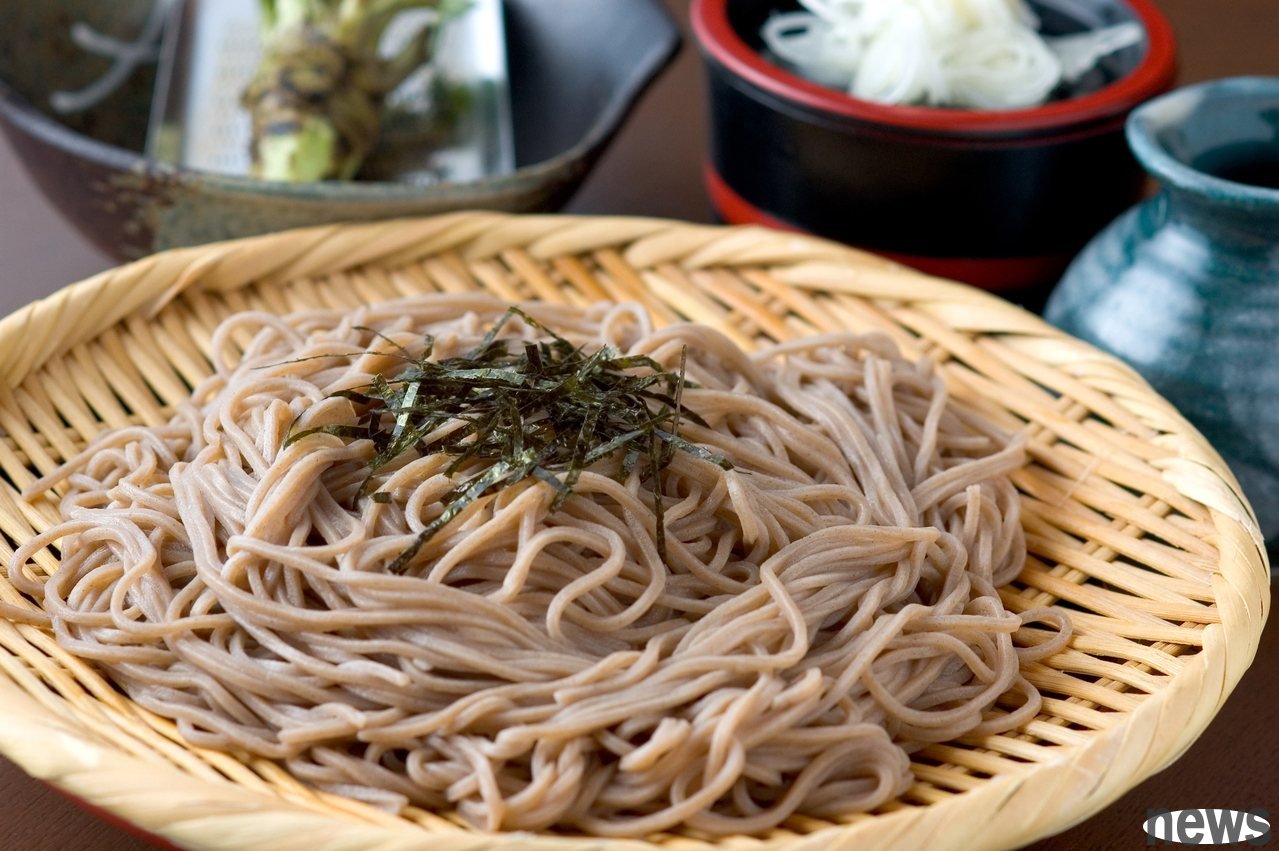
The second generation of Japanese-American Yoshiko Miwa (recommended) celebrated her 110th birthday in February this year. She is also the most affordable Japanese in the United States. The secret to maintaining a good mood and eating noodles every day is how she can be healthy and have a high degree of poverty.
According to reports from NBC News, the third wheel experienced the Spanish flu, alcohol ban, Black Tuesday, World War II and the pain of his parents, siblings and friends leaving the world, but this super man Ruiz holds a major principle: "Don't be too silly in the past."
{9 Miwa) said that his mother possesses the traditional Japanese personality trait "gaman": "Tolerate something that seems difficult to endure with patience and respect." He emphasized this kind of sexuality that has allowed many second-generation Japanese to survive the hardships of life.Sanhe's original name is Yoshiko Tanaka. His parents were Japanese immigrants. They were born on February 28, 1914 in Guadalupe, California. The fifth place is the seven children in the family.
However, in 1919, his mother and young brother died one after another. The father worked hard to run his own farm to raise his children, and sent Sanlu and his siblings to the children's home set up by the Guadalupe Buddhist Church.
The three-wheeled graduated from the University of California, Berkeley in 1936; in 1939, he married Henry Miwa, who was also a Japanese descent, and changed his husband's surname.
However, during the Second World War, Sanhe and his family were all imprisoned in Poston, Arizona, and were banned from operations until they were arrested after the Second World War and settled in Hawthorne, California. However, Japanese people were in trouble at that time. The husband built a plant nursery. Sanhe also passed the nursing home in 1963 and had three sons after marriage. Now there are 10 more sons, 20 former sons and 1 great-great-great-great-great-great-great-great-great-great-great-great-great-great-great-great-great-great-great-great-great-great-great-great-great-great-great-great-great-great-great-great-great-great-great-great-great-great-great-great-great-great-great-great-great-great-great-great-great-great-great-great-great-great-great-great-great-great-great-great-great-great-great-great-great-great-great-great-great-great-great-great-great-great-great-great-great-great-great-great-great-great-great-great-great-great-great-great-great-great-great-great-great-great-great-great-great-gre

After retired, she walked 4 miles every morning. In 1990, at the age of 76, she also participated in a walking marathon to complete the 20K competition. She usually loves reading, flower arrangement, Japanese ink painting, etc., and is very interested in it, but now she admits that the greatest fun is sleeping.
The three wheels participated in the writing class, wrote it manually, describing the growth in the Children's House and gained spiritual strength from Buddhist beliefs, and shared the experiences of traveling around the world with everyone.
As for the food that is necessary every day, Sanrong pointed out: "When I was in the Children's House, the chef often made noodles. I always liked eating noodles. Now I still liked eating any noodles, uron noodles, ramen, and tangerine."
